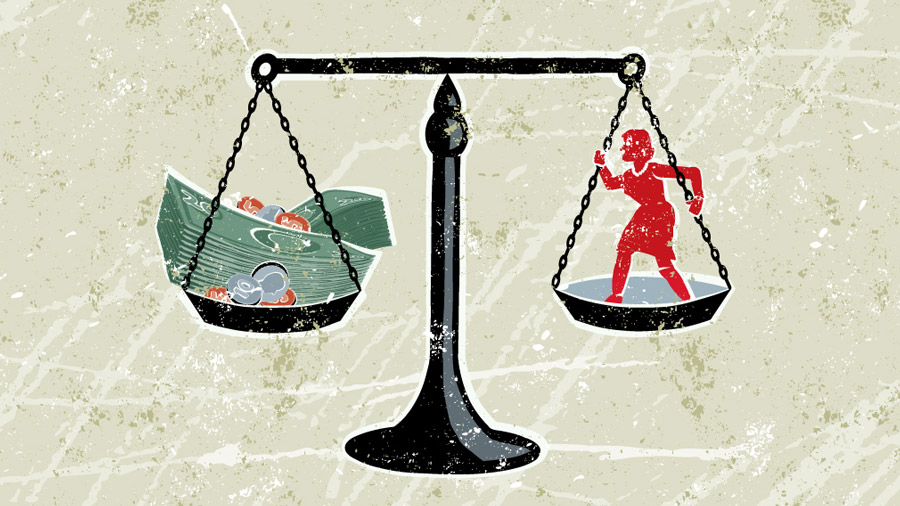
Government to launch gender pay gap transparency pilot
The UK government is piloting an initiative whereby participating employers will be asked to include salaries in job adverts in an attempt to reduce the gender pay gap.
Minister for Women, Baroness Stedman-Scott, has launched a new initiative to improve pay transparency in the job application process and help businesses who want to attract women to their positions. Evidence shows listing a salary range on a job advert and not asking applicants to disclose salary history provides a firm footing for women to negotiate pay on a fairer basis, which could have a significant impact in closing salary gaps and tackling pay inequality.
A Glassdoor survey found salary was the most important factor of a job advert for 68% of jobseekers, showing that it makes business sense to share salary details at the beginning of the application process if they want to attract talent.
Additionally, the Fawcett Society found 58% of women felt they had received a lower salary offer than they would have if they had not been asked about their pay history during the recruitment process.
The gender pay gap is the difference between the average earnings of men and women, expressed relative to men’s earnings.
The government has acknowledged that it can sometimes be challenging to include pay information on job adverts, as some employers do not have agreed pay scales. To combat this, organisations will work with ministers to develop a methodology that can then be rolled out across others.
Minister for Women, Baroness Stedman-Scott, said:
“The UK can only grasp its full potential by championing its brightest and best, and ensuring everyone, regardless of their background, has the opportunity to succeed. We believe that increased pay transparency will build on positive evidence of the role information can play when it comes to empowering women in the workplace. It is essential that we keep women at the forefront of the levelling up agenda as we recover from the pandemic and rebuild together.
Jemima Olchawski, Fawcett Society, Chief Executive:
“We are pleased that the government is encouraging employers to remove embedded bias from recruitment practices and supporting our call to End Salary History. Asking salary history questions keeps women on lower salaries and contributes to the UK’s gender pay gap – and can mean that past pay discrimination follows women and other groups throughout their career. Evidence from US states which have banned asking about past salary shows that is a simple, evidence-led way to improve pay equality for women, people of colour and disabled people. This is an important first step. We hope more employers will answer this call, and sign Fawcett’s pledge, as part of other actions to tackle their pay gaps.”
CIPD senior policy adviser for performance and reward, Charles Cotton, said:
“Whenever possible, the CIPD recommends that not only should employers advertise salaries in job adverts, but also give information on the pension scheme and other core benefits. Doing so will help set pay expectations among job applicants as well as reducing the risk of unfair pay gaps in the workforce. We are also pleased that the government is calling on employers to stop asking about previous salary during recruitment. If wages are influenced by what an individual has earned with their last employer, then unfair pay gaps can be created. If people know that they’re going to be rewarded fairly, this will help the organisation attract the right talent and motivate them to do their best.”






